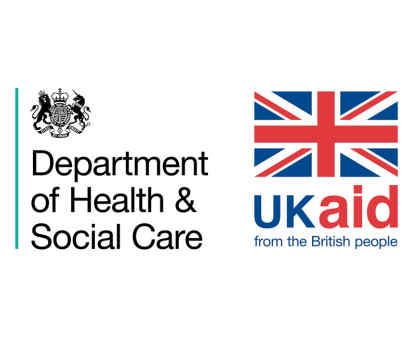--tojpeg_1537790469260_x2.jpg)
Key contributors
- Imperial College London
- GSK Vaccines Institute for Global Health (GVGH, Italy)
- NIBSC
- LMIC partners
Submit a contact request
Challenge and opportunities
Gram-negative bacteria naturally shed outer membrane vesicles (OMV) during growth. Generalized Modules for Membrane Antigens (GMMA -based vaccine) derive from bacteria engineered to enhance native OMV formation.
Additional mutations are introduced to reduce GMMA reactogenicity, e.g. mutations in the lipid A structure lead to a naturally detoxified lipopolysaccharide, with improved safety of the resulting GMMA based vaccine. Importantly, the outside of GMMA is the outside of the bacteria, with multiple membrane antigens presented to the immune system in their native conformation and correct orientation.
Methodology
High immunogenicity, low cost, and simplicity of manufacture make GMMA platform particularly appealing for production of affordable vaccines necessary for immunization campaigns in LMIC. Bacteria are grown to high density in an industrial fermenter with a simplified process to purify GMMA from the culture supernatant. Many of these methods can be applied to GMMA from different pathogens.
 Non-cGMP and cGMP lots of a) meningococcal (non GMP); b) Shigella sonnei (cGMP); and nontyphoidal Salmonella (cGMP) GMMA-based vaccine have been produced. In parallel, GSK Vaccines Institute for Global Health (GVGH) have a panel of analytical methods for GMMA in-process testing and release.
Non-cGMP and cGMP lots of a) meningococcal (non GMP); b) Shigella sonnei (cGMP); and nontyphoidal Salmonella (cGMP) GMMA-based vaccine have been produced. In parallel, GSK Vaccines Institute for Global Health (GVGH) have a panel of analytical methods for GMMA in-process testing and release.
GMMA elicits substantially higher antibody responses against key vaccine candidate antigens, whether these are polysaccharide or metabolic regulation, and compared with corresponding purified antigens delivered as glycoconjugate vaccines or recombinant protein antigens. Clinical trials using S. sonnei GMMA-based vaccine was shown to be safe and immunogenic in adults. The key outcomes are listed below.

Key outcomes from this workstream
- Develop a multi-disease approach to GMMA based vaccines
- Develop novel QA assays to GMMA products
- Evaluate GMMA-based vaccines for wider indications
- Evaluate GMMA based vaccines for oral delivery
- Enhance thermostability of GMMA based vaccines
- Develop modular manufacturing processes and robust QA


